Mercedes-Benz has produced more than 1,000 eCitaro electric buses
Green Car Congress
JUNE 20, 2023
The next development steps to follow at short intervals had already been outlined at its introduction: solutions for opportunity charging for the eCitaro. Another milestone at the end of 2022 was marked by the introduction of the third generation of high-performance NMC lithium-ion batteries (nickel, manganese and cobalt oxide).

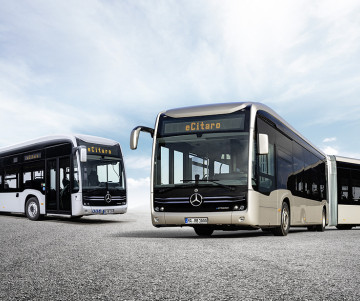




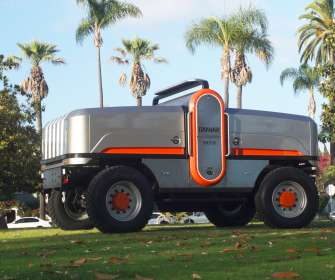





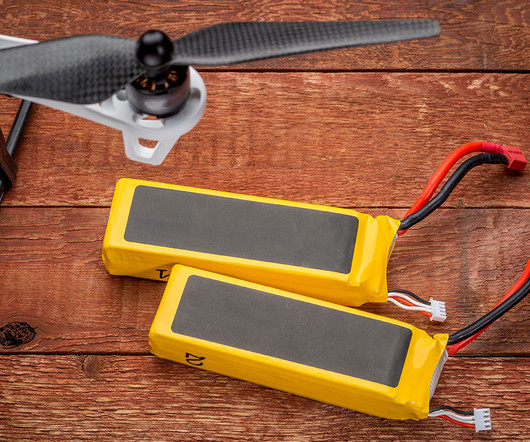
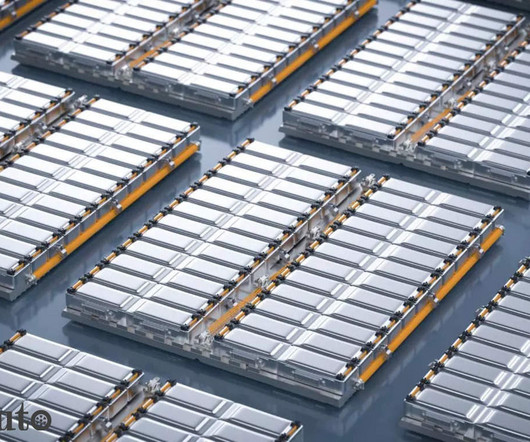
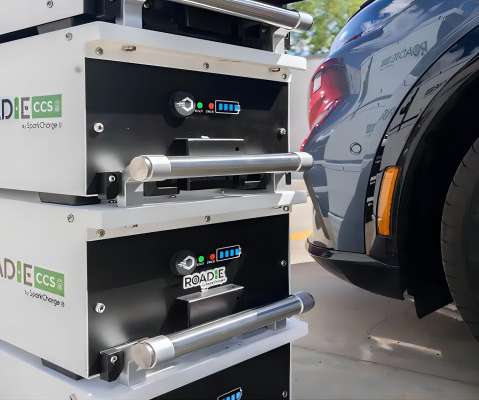

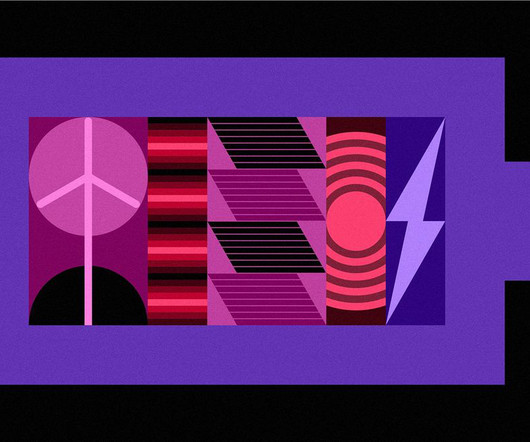




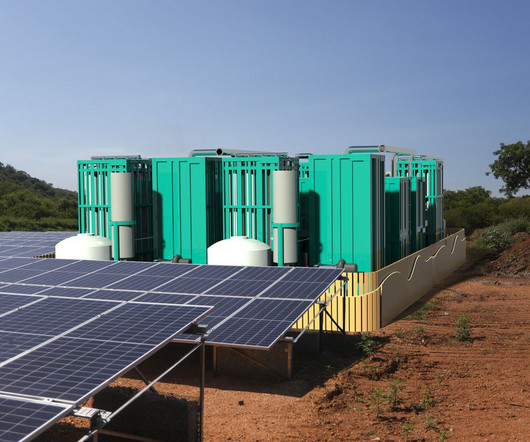




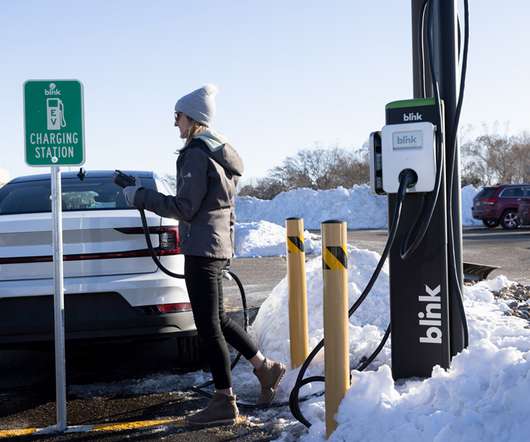
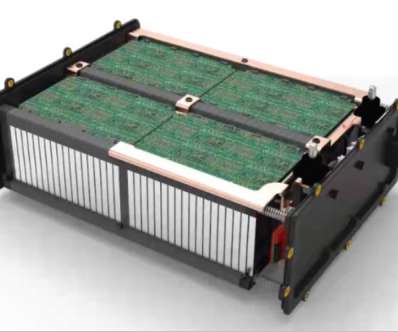

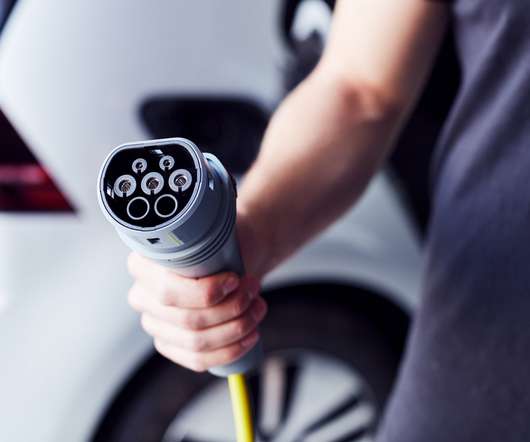
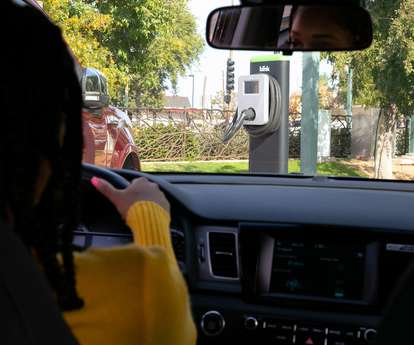




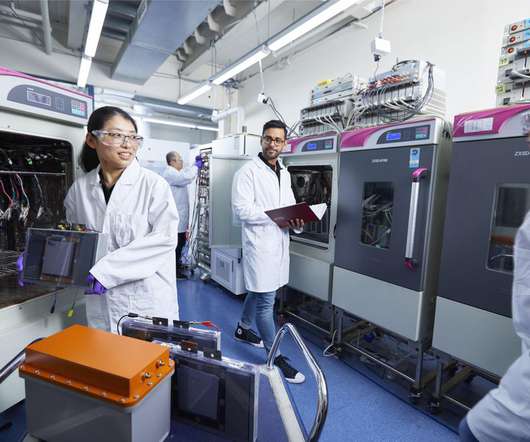








Let's personalize your content